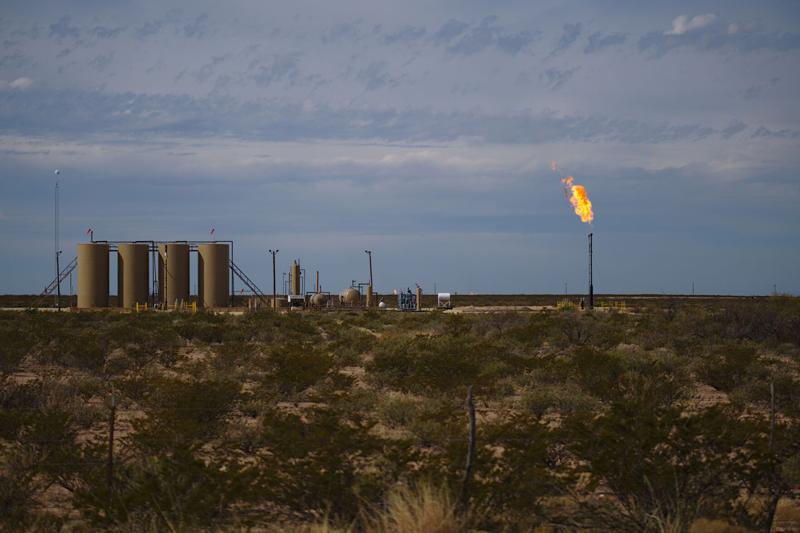(The Center Square) – Texas filed two separate lawsuits to block newly proposed Environmental Protection Agency rules that would negatively impact the Texas oil and natural gas industry.
One lawsuit relates to a new EPA rule that creates new emissions standards. It was developed “despite the Clean Air Act’s clear requirements for findings as to specific emissions and emission sources,” the office of the Texas Attorney General states. “Instead of making such findings, the EPA relies upon its past rules that Texas and other states challenged as illegal.”
A petition for review was filed with the U.S. Court of Appeals for the District of Columbia Circuit by the state of Texas, the Railroad Commission of Texas and the Texas Commission on Environmental Quality. It asks the court to review EPA’s “Standards of Performance for New, Reconstructed, and Modified Sources and Emissions Guidelines for Existing Sources: Oil and Natural Gas Sector Climate Review” published in the Federal Register on March 8.
A separate lawsuit was filed to block another EPA rule that alters the national ambient air quality standard (NAAQS) for particulate matter after the EPA previously dropped the issue. A petition for review was also filed with the U.S. Court of Appeals for the District of Columbia by the state of Texas and the Texas Commission on Environmental. It asks the court to review the EPA’s “Quality Reconsideration of the National Ambient Air Quality Standards for Particulate Matter,” published in the Federal Register on March 6.
Abbott first contacted President Joe Biden in June 2022 about the EPA’s proposed NAAQS “draconian regulations” after it announced it was reversing a 2017 decision to designate regions of the Permian Basin in certain New Mexico and Texas counties as nonattainment areas, meaning they don’t comply with 2015 Ozone NAAQS.
Abbott said the EPA plan “could lead to skyrocketing prices at the pump by reducing production, increase the cost of that production, or do both.” By August 2022, he again argued the EPA’s plan to attack Texas production was “based on illogical and flawed grounds.”
By January 2023, the EPA reversed course, making the rule “inactive” only to revive its efforts again this month.
The administration is targeting operators in the Permian Basin, one of the largest and most productive oil fields in the world, located in west Texas and eastern New Mexico, despite producers leading the U.S. in emissions reductions and producing a quarter of the U.S. gasoline supply.
Natural gas companies in the Permian Basin also already produce some of the cleanest natural gas in the world, according to data from the World Bank, EIA, Environmental Protection Agency and Rystad Energy, The Center Square has reported.
In the most recent decade analyzed, as Permian Basin production increased by 345%, methane emissions fell by 76%. In one year, methane emissions also fell by 20% from 2020-2021, according to an analysis of multiple data sets by Texans for Natural Gas.
The Texas Oil & Gas Association notes that the flaring rate in the Permian Basin in Texas is also at a record low after the U.S. has seen a 46% reduction in flaring intensity over the past decade.
The Texas oil and natural gas industry has been “actively implementing measures to identify and lower emissions,” Todd Staples, president of the Texas Oil and Gas Association, has told The Center Square. “These efforts are dramatically improving environmental performance, including improving air quality in West Texas. Domestic oil and natural gas produced in the United States, and largely right here in Texas, is the cleanest in the world.”
Both lawsuits argue the EPA is surpassing regulatory authority not granted by Congress.
The EPA implemented the rules after the Supreme Court already ruled the EPA does not have broad regulatory authority to do so. In June 2022, the Supreme Court held in West Virginia v. EPA that the EPA cannot regulate carbon emissions from American power plants without Congressional approval.







